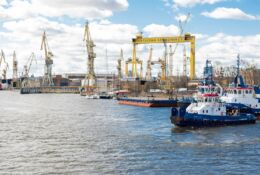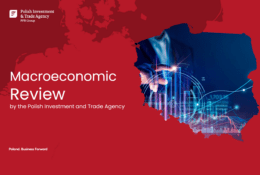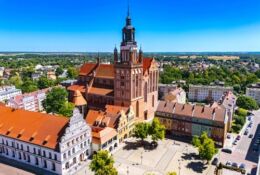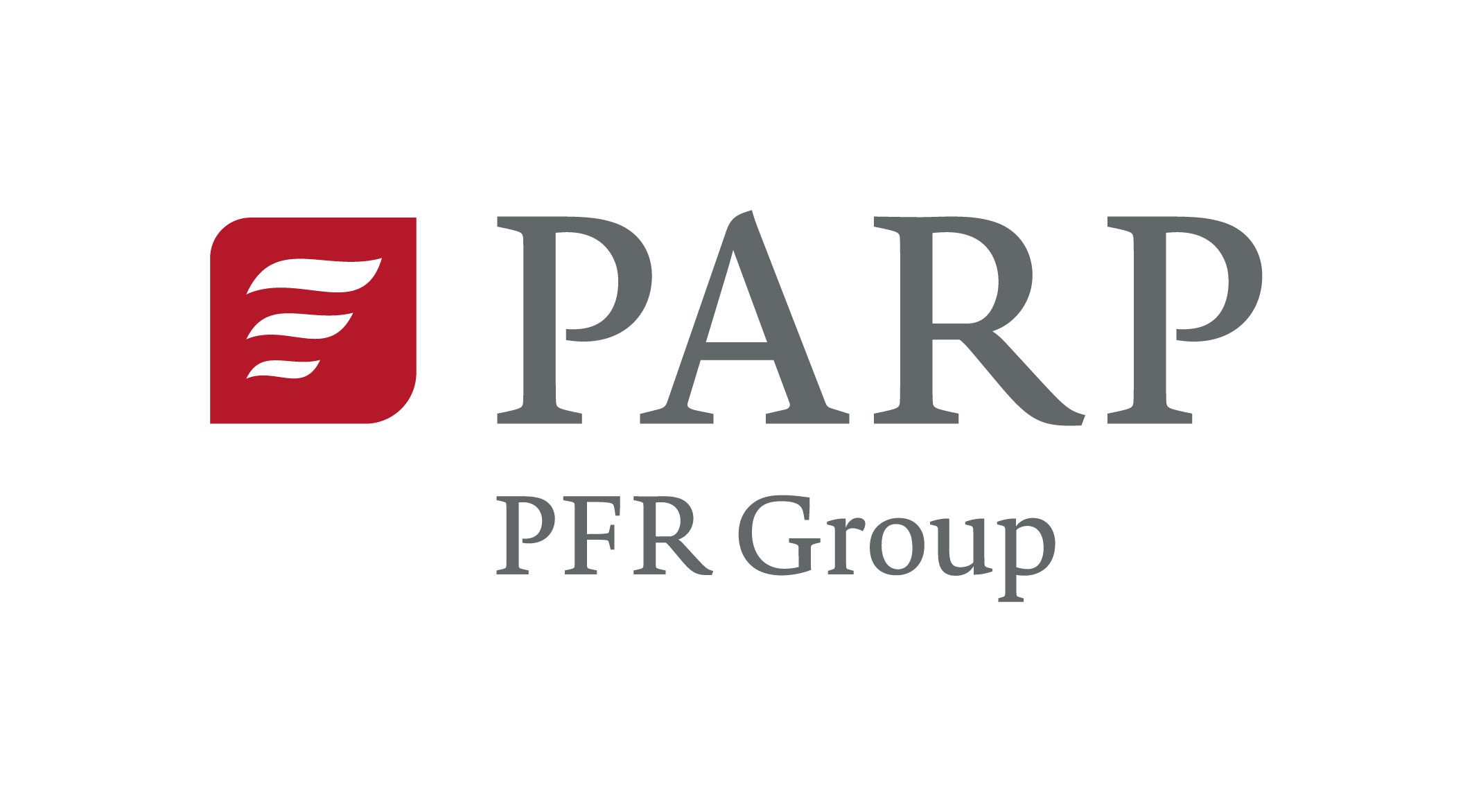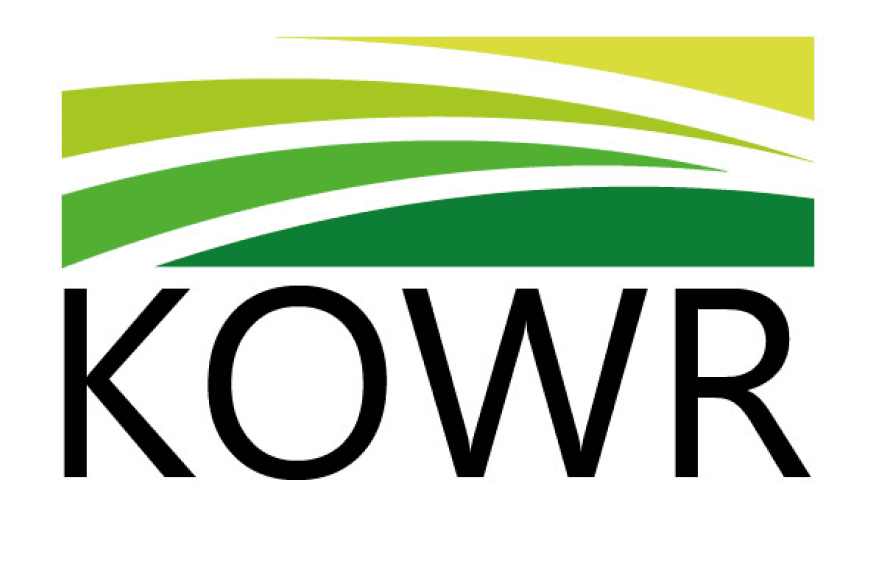24.07.2025
Polish food exports in the face of global challenges
Due to the escalating geopolitical tension, growing protectionism and the ongoing climate and digital transformation, the domestic food sector, which is one of the pillars of Polish exports, is facing the need for strategic adjustments.
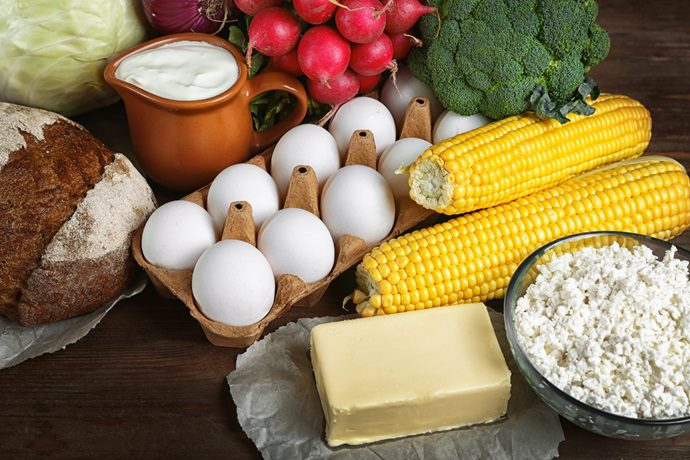
In the latest report “Geopolitics on a plate. Food industry in the new economic reality”, Bank Pekao SA thoroughly analyses the situation of our agri-food sector.
The Polish food sector is strong in the EU
In 2024, Poland was the fifth largest food producer in the European Union, accounting for about 8 percent of the EU’s added value in the food industry. This sector generated over PLN 73 billion of gross added value, employing over 430,000 people, which makes it one of the largest employers in the processing industry in the country.
The sold production of the food industry in Poland increased by 4.2% in 2024., while the EU average was only 1.4%. In this respect, Poland was ranked 3rd in the EU, behind Romania and Bulgaria.
Exports under pressure – data and geographical structure
The value of Polish exports of agri-food products in 2024 amounted to over EUR 51 billion, which means an increase of 3.1% y/y, but it was the slowest growth since 2015. In terms of volume, exports remained stable, but the decline in the prices of agricultural products and the strengthening of the zloty had a negative impact on exporters’ revenues.
Geographical structure of exports in 2024:
- The European Union accounts for 71.3 per cent of total exports (EUR 36.4 billion), including: Germany – 26.6 per cent share (EUR 13.6 billion), the Czech Republic – 6.2 per cent, France – 4.8 per cent.
- Great Britain – 5.2 per cent,
- USA – 1.4 per cent,
- Ukraine – 1.1 per cent.
Imports from Ukraine
Since 2022, the EU has eliminated customs duties on agricultural products from Ukraine, which has resulted in a several-fold increase in imports, especially in categories such as:
- maize – an increase of 5,200 percent
- eggs and egg products – an increase of 900 percent.
- honey – an increase of 430 percent.
- poultry – an increase of 380 percent.
- sugar – an increase of 250 percent.
For Polish producers, this means increased price competition, especially since Ukraine is able to offer lower prices due to the scale of farms there and lower labour costs.
The EU-Mercosur agreement
The ongoing negotiations on a trade agreement between the EU and Mercosur may also lead to further liberalisation of imports from countries such as Brazil and Argentina. For the Polish food industry, this would mean the possibility of:
- increased competition in the meat sector (poultry, beef),
- decrease in the profitability of sugar production,
- pressure on domestic producers of processed fruit and vegetables.
However, potential benefits exist:
- opening of Mercosur markets to Polish chocolate products, beverages, bakery products,
- an increase in exports of high value-added products.
The US, China, EU – the impact of trade tensions
In 2024, trade tensions between the U.S. and the EU led to the temporary introduction of retaliatory tariffs, on among other things, ripened cheeses, alcohol, and processed meats. For Poland, this meant a 7 percent drop in exports to the U.S ., however, the scale of the impact on the entire sector was limited due to the relatively low share of the US in total exports (1.4% – approx. PLN 720 million).
In the case of China, there has been a tightening of the import policy. Through, among other things, new sanitary regulations and protective duties, which particularly affected dairy exports, which fell by as much as 12 percent.
Conclusions and recommendations for the Polish food industry
Bank Pekao’s report presents a number of recomendations for Polish producers and exporters.
1. Diversification of sales markets:
- development of a presence in the markets of South-East Asia, the Middle East and Africa,
- support for promotion through Polish retail outlets (ZBH PAIH).
2. Increase in added value:
- shift of emphasis from the export of agricultural produce to highly processed products,
- Investments in private labels and the premium segment (Bio, Eco, Ready-to-Eat).
3. Technological transformation
- automation and robotization of processing plants,
- increasing investment in refrigeration and export logistics.
4. Green transition
- reduction of the carbon footprint in food production,
- alignment with the requirements of the European Green Deal (e.g. “Farm to Fork”).
Although the Polish agri-food sector is resilient to global shocks, it faces a number of serious challenges. Growing competition from Ukraine, the potential consequences of the Mercosur deals, as well as trade tensions with the world’s major economies are just some of the factors that will shape the exports in the coming years.
A wise development strategy is needed, based on investments in quality, innovation and global recognition of Polish products. In this way, Poland has a chance to maintain and even strengthen its position as a leader in Central and Eastern Europe in the export of food products.
Source: Report „Geopolityka na talerzu. Przemysł spożywczy w nowych realiach gospodarczych” Bank Pekao SA, June 2025
- Everything
- News (324)
- Events (182)
- Get Support (83)
-

Ekologiczne rozwiązania energetyczne – neptunenergy.pl
ConstructionShow allShow more Show lessNeptun Energy is a nationwide Polish provider and installer of renewable energy systems for homes, businesses and farms. We design and install solar PV, energy storage, heat pumps, pellet boilers, air conditioning and EV chargers, and we combine them with AI-based energy optimization and dynamic balancing to cut bills. We also support grants and post-install monitoring.

“VEYNA” – WEYNA I S-KA SPÓŁKA JAWNA
Renovation and construction materialsShow allShow more Show lessVeyna has been a specialist in manufacturing premium PVC, HPL, and aluminum door infills since 1990. We prioritize innovation with state-of-the-art machinery (CNC, laser cutting) and layered construction featuring an XPS core, delivering superior thermal and acoustic insulation, plus exceptional mechanical and weather resistance. We empower our partners with training, marketing materials, and intuitive configurators/visualizers – including AR technology – to simplify door selection.
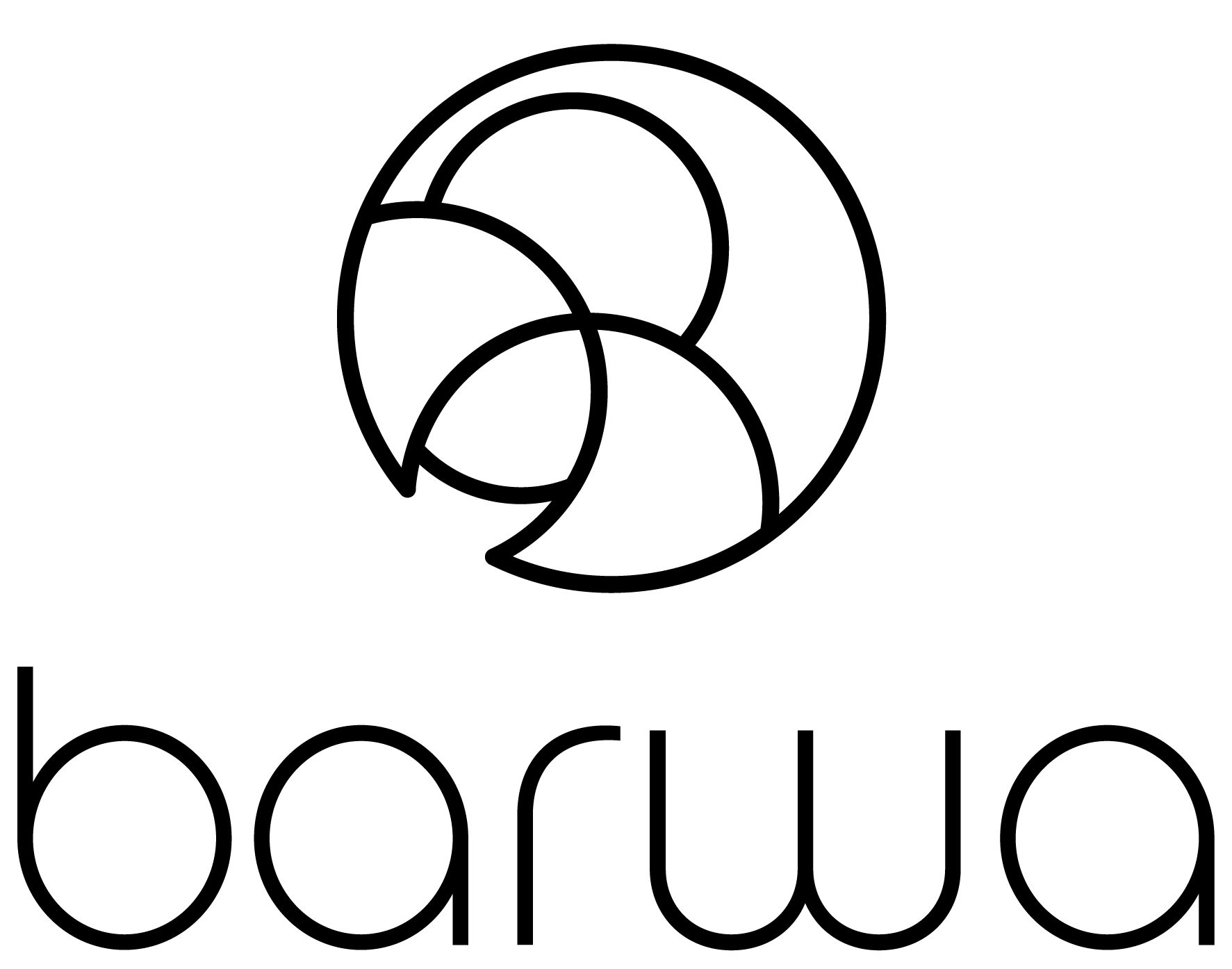
BARWA SPÓŁKA Z OGRANICZONĄ ODPOWIEDZIALNOŚCIĄ
Cosmetics and detergentsShow allShow more Show lessBarwa has over 77 years of experience in creating high-quality,affordable cosmetics with natural ingredients. We specialize in plant-based bar soaps and offer hair, body, and face care products, including those for sensitive skin and children. Our range also includes luxury home cosmetics. Combining tradition with modern technology, we refine time-tested formulas to meet evolving customer needs.

CarePump/BardoMed Sp. z o.o.
Medical equipmentShow allShow more Show lessWe started our activity on the market of physiotherapy and rehabilitation equipment over 20 years ago as the company named BardoMed, successfully supplying rehabilitation centers and clinics with the most modern devices of renowned manufacturers. In 2019, we decided to go a step further and create our own brand CarePump – innovative pressotherapy devices developed in cooperation with lymphology experts.
-
 Event
EventXXXI International Fair PETROL STATION 2026
The International Fair PETROL STATION 2026 will take place on 13–15 May 2026 at EXPO XXI, Warsaw, Po…
 Event
EventEast x West Forum 2026
East x West Forum 2026 will take place in April 2026 in Wrocław, Poland
-
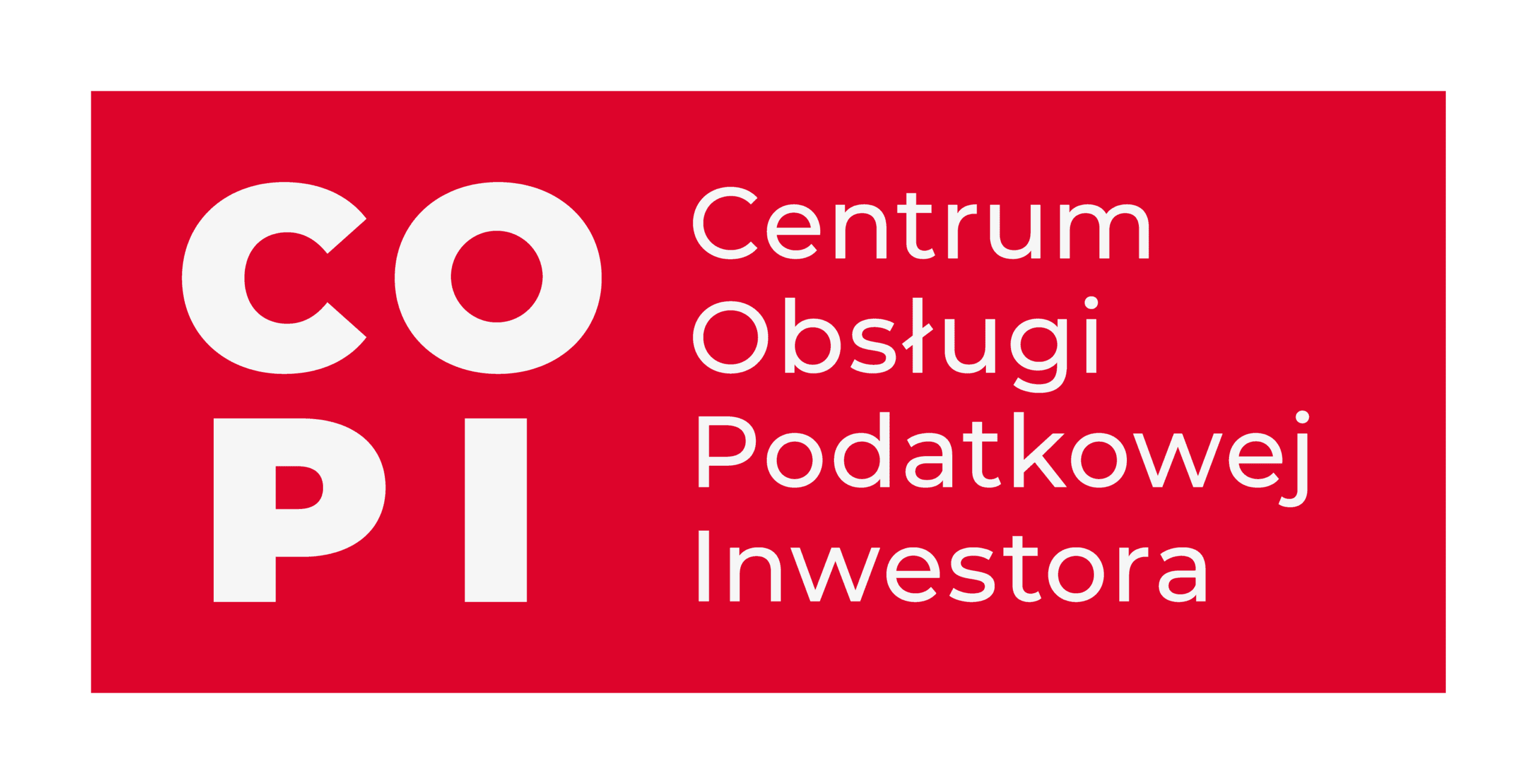 Institution
InstitutionThe Investor Tax Service Center
The Investor Tax Service Center is a unit operating within the Ministry of Finance
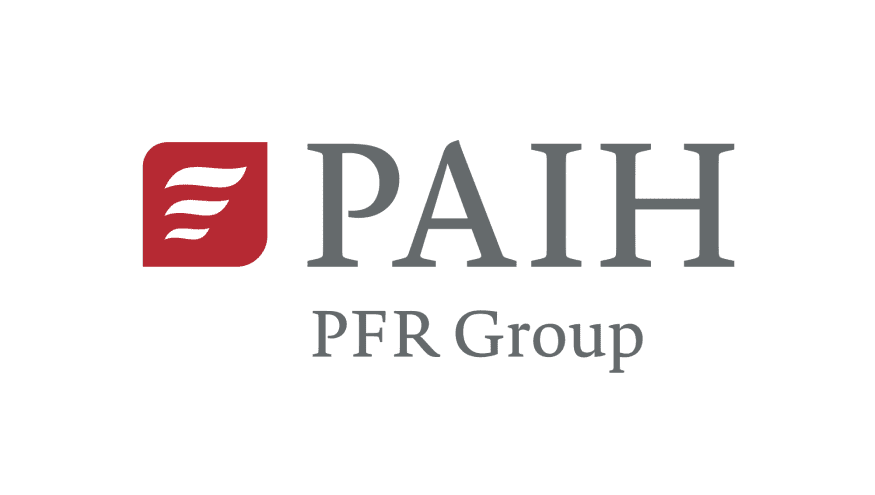 Institution
InstitutionPolish Investment and Trade Agency (PAIH)
The Polish Investment and Trade Agency (PAIH) is the partner of first-resort for entrepreneurs when …
The Export Promotion Portal uses cookies to make it easier for users to use the website and for statistical purposes. If you do not block these files, you agree to their use and saving in the memory of your computer or other device. Remember that you can change your browser settings to block the storage of cookies. More information can be found in Privacy Policy and Terms and conditions.


